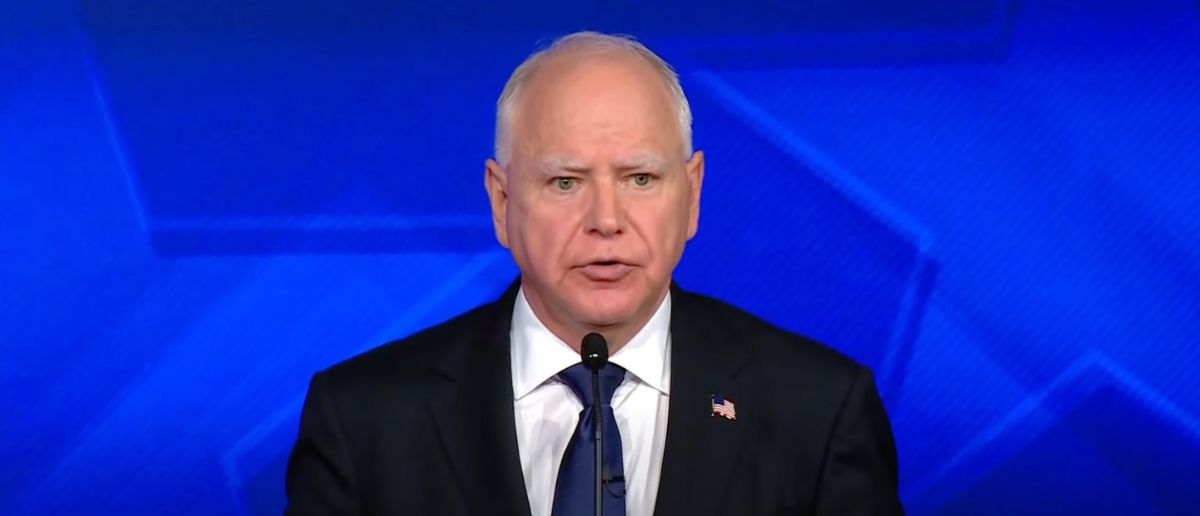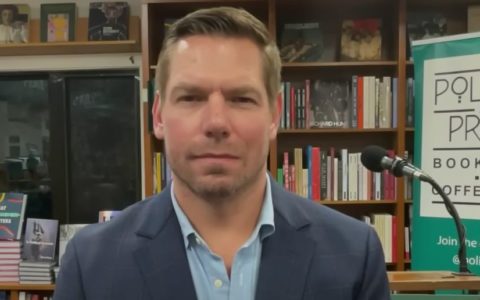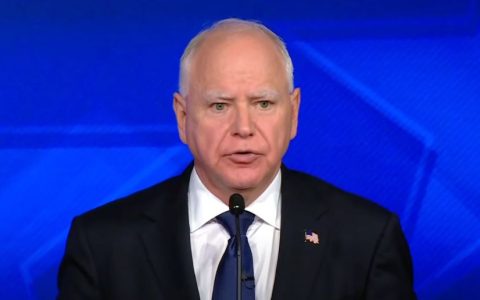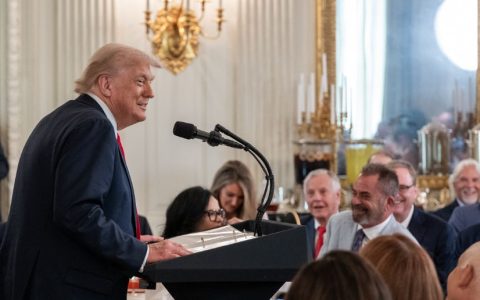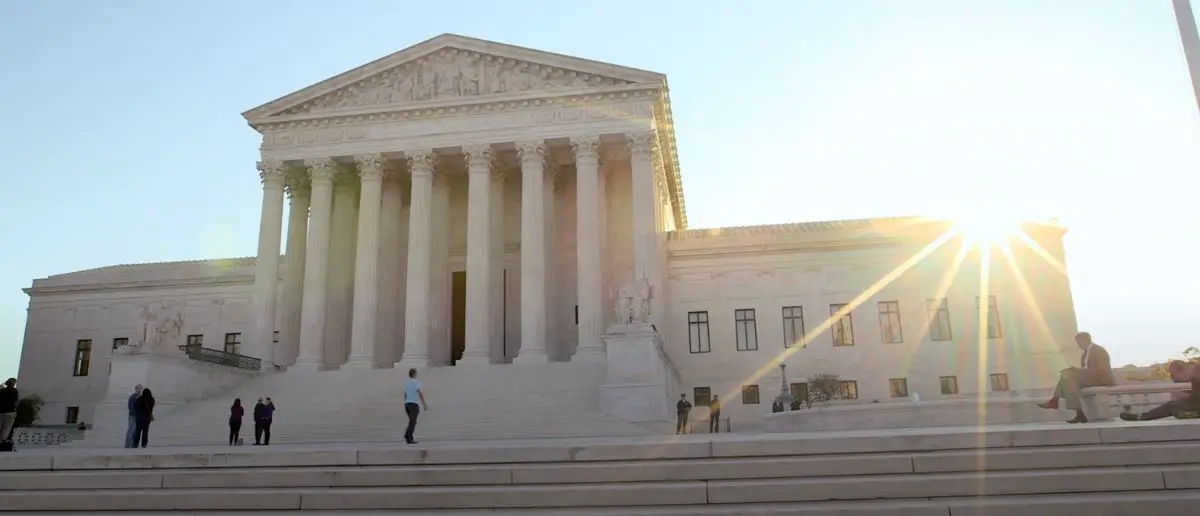
The country is waiting with bated breath. This could make or break the 2024 election.
Because the Supreme Court is set to decide Trump’s fate in this major case.
The fate of hundreds of Jan. 6 defendants rests with the Supreme Court, which will hear a case Tuesday claiming that the obstruction legislation under which they were charged was never intended to apply to the attack on the United States Capitol.
If the justices conclude that prosecutors went too far, it might benefit former President Donald Trump, who is facing conspiracy charges under another provision of the same legislation.
The issue is a statute passed in 2002 in the aftermath of the Enron affair, which attempted to give the government greater tools to prosecute persons who impede an official action.
The Biden administration claims that the Electoral College vote count, which took place at the Capitol in 2021 as the crowd raged, is an official proceeding.
Joseph Fischer, one of those convicted under the law, said the statute was designed to catch persons who attempt to destroy evidence in corporate fraud cases, such as document shredding. His lawyers believe that what happened in the Capitol that day was far from that.
Special counsel Jack Smith has charged Mr. Trump with the same offense as well as another under a separate “conspiracy” provision of the law for his own activities on Jan. 6, which Mr. Smith claims were likewise an attempt to obstruct the counting of Electoral College votes.
Theodore M. Cooperstein, who represents some of the Jan. 6 defendants, said Mr. Smith would have a difficult time proving the conspiracy charge if the court rules that the law does not apply to those who stormed the Capitol, implying that the vote count does not qualify as an official proceeding under the statute.
“Conspiracy is dependent on the substance of what you are conspiring to do,” he went on to say. “It really does take a weapon out of their arsenal.”
If this is true, it may eliminate two of Mr. Trump’s four federal election fraud allegations.
Mr. Smith contends that the charges hold regardless of how the court determines Fischer’s case. In a brief in another Supreme Court case regarding Mr. Trump’s claims of immunity from prosecution for activities committed while president, Mr. Smith stated that the “Section 1512 charges in this case are valid” regardless of which interpretation the justices use.
Fischer, a former police officer, joined the Stop the Steal event on the Ellipse near the White House on January 6, 2021. He and a companion then left town, but when they heard about the mob at the Capitol, they returned and joined in, though only after the Electoral College counting had been interrupted.
Fischer entered the Capitol, made it about 20 feet inside, was pushed by the throng into a line of officers, was pepper sprayed, and then exited. He remained inside for four minutes.
Federal officials accused him with seven offenses linked to the Jan. 6 incident, but the one before the justices is Title 18 Section 1512(c), which states:
“Whoever corruptly— (1) alters, destroys, mutilates, or conceals a record, document, or other object, or attempts to do so, with the intent to impair the object’s integrity or availability for use in an official proceeding; or (2) otherwise obstructs, influences, or impedes any official proceeding, or attempts to do so, shall be fined under this title or imprisoned not more than 20 years, or both.”
A U.S. district judge in Washington agreed with Fischer and dropped the allegation, stating that the legislation did not apply to the events of January 6. The circuit court reversed the decision.
They disagreed on whether the term “otherwise” signifies that the second portion of the statute affects the first or is independent.
The charge was filed against more than 300 of the approximately 1,200 defendants on January 6. According to the Associated Press, at least 152 have been convicted or pled guilty, with 108 already condemned.
Stay tuned to the DC Daily Journal.

